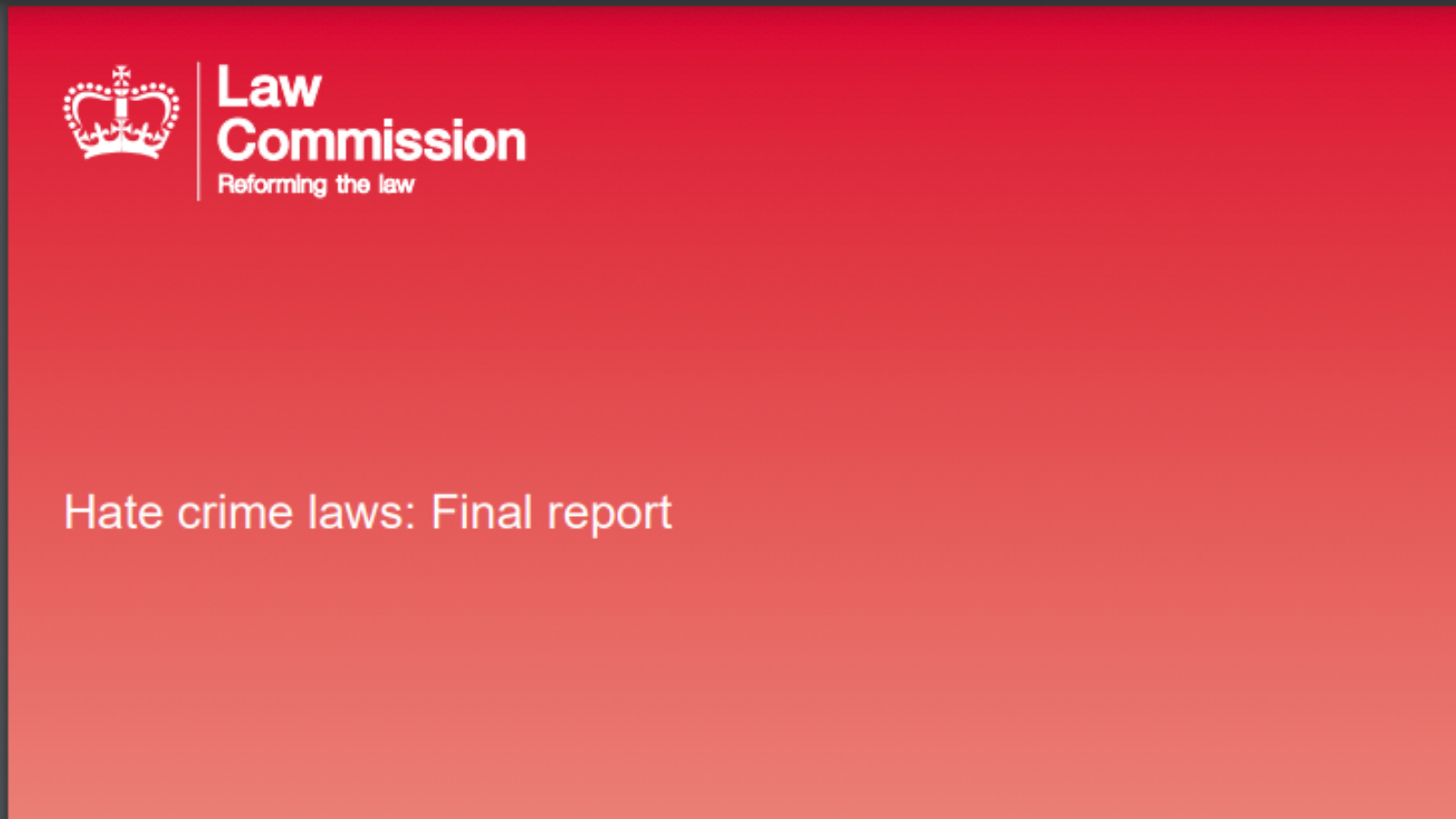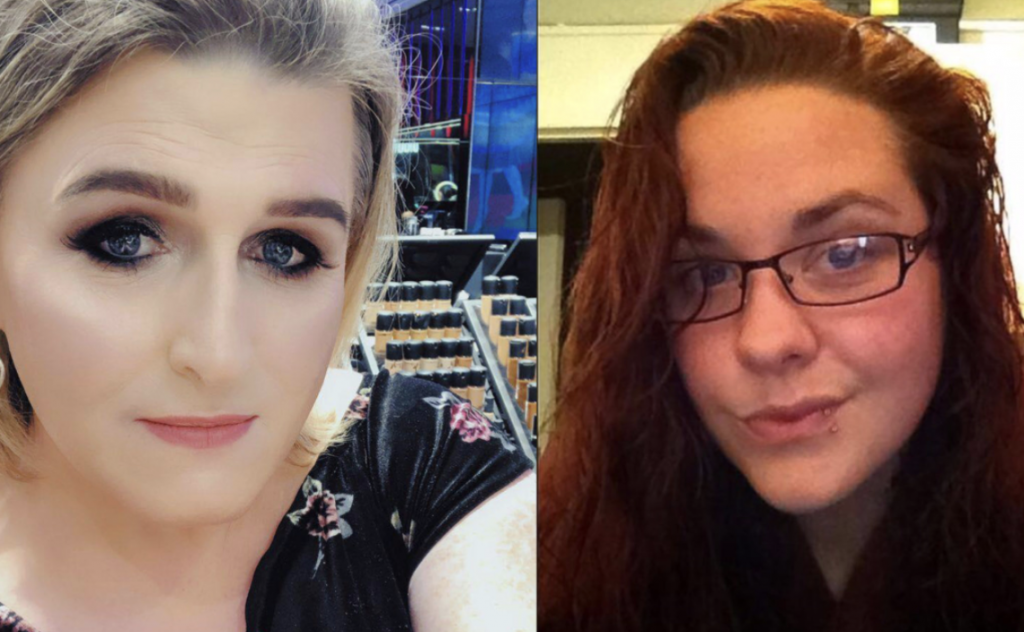Law Commission recommends protection for gender critical views from “chilling effect”

The Law Commission today released its report and recommendations on hate-crime legislation. It recommends extending hate-crime laws but calls for specific protection from prosecution for gender-critical views.
The Commission explicitly disagreed with Stonewall and GIRES (the Gender Identity Research and Education Society), which had said that there should not be any specific protection for gender-critical speech.
Sex Matters welcomes the Law Commission’s clear statement that “gender critical” views clearly fall within the protection of the right to freedom of expression. The Commission has recommended a specific protection against gender-critical speech being prosecuted under “stirring up hatred” offences in relation to transgender people, and recognised that use of language, including pronouns, cannot be covered by blanket rules.
The Law Commission drew on the Sex Matters submission and referred to the cases of Maya Forstater and Harry Miller as well as the magistrates’ court’s judgment on Kate Scottow, and the CPS’s treatment of Miranda Yardley. The Commission noted that:
“There have now been several cases in which legal authorities have wrongly applied the law in the context of the expression of gender-critical views.”

“While the rulings in Forstater and Miller may have provided some legal certainty, we conclude that were the stirring-up offences to be extended to cover gender identity without an explicit freedom-of-expression clause, there is a very real risk of the law being misapplied.”
“It is not hard to imagine that without such protection, activists would seek to test the limits of the extended offence.“
The Law Commission report said that:
“[A] blanket restriction on the expression of gender-critical views would likely be in breach of Articles 9 and 10, because it would be an unnecessary and disproportionate interference with the rights to hold and express those protected beliefs. Moreover, where – as with discussions on reform of the Gender Recognition Act 2004 – the expression was a contribution on a matter of political debate – the scope for interference with the right would be limited.”
Stonewall and GIRES argued that there is not a need for a specific protection for gender-critical views; the Law Commission disagreed.
GIRES said:
“We disagree with the suggestion that trans rights are up for debate, or that people who express insulting or hateful views about trans people should be protected from prosecution under hate crime legislation under sections 29J and 29JA.“
In particular GIRES said it disagreed with Professor Kathleen Stock’s view as given in the Harry Miller case. Mr Justice Julian Knowles had referenced Kathleen Stock in concluding:
“Some involved in the debate are readily willing to label those with different viewpoints as ‘transphobic’ or as displaying ‘hatred’ when they are not. It is clear that there are those on one side of the debate who simply will not tolerate different views, even when they are expressed by legitimate scholars whose views are not grounded in hatred, bigotry, prejudice or hostility, but are based on legitimately different value judgments, reasoning and analysis, and form part of mainstream academic research.”
GIRES told the Law Commission:
“Many of the views she describes are not based on any legitimate empirical research and can only be based on a fear or ignorance about trans people. In other words, we hold that ‘different value judgements’ here amounts to a disdain for the personhood and personal freedom of trans and gender diverse people. We think it would be irresponsible to afford legal protections to people disseminating such views, whatever qualifications they may hold… We think it would be harmful to afford legal protection to people who engage in…‘the discussion or criticism of gender reassignment; treatment for gender dysphoria; provision of and access to single-sex facilities and activities’ because this criticism effectively vilifies and dehumanises transgender people and encourages the public to do the same.”
The Law Commission specifically disagreed:
“We do not agree with GIRES that such discussion necessarily amounts to ‘vilification’ or ‘dehumanises’ trans people, still less that it encourages others to do so. Indeed, we think that characterising it as GIRES does demonstrates the risk that without explicit protection, such discourse – which has been recognised as protected speech – risks being perceived, reported, and potentially investigated as hate speech.”
The Law Commission highlighted that the rulings in Miller and Forstater have now made it clear that the expression of “gender critical” views is protected under human rights laws. The issue, therefore, is not whether such expression should be protected, it is whether the stirring-up offences would require a provision to make clear it is protected.”
It concluded that it would.
